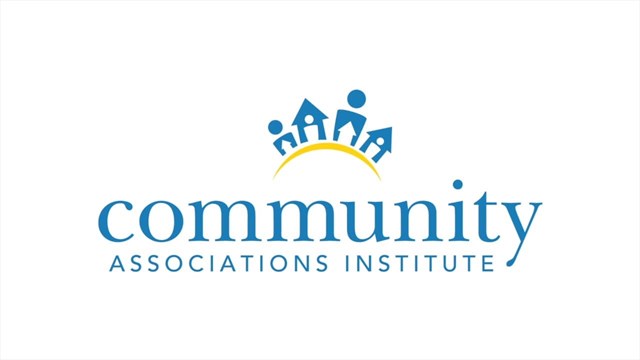—Financially Inquisitive
“The annual contributions to the reserve fund are typically considered capital contributions for community associations for income tax purposes. Internal Revenue Code Section 118 states all contributions to capital are excluded from gross income. These excluded amounts are therefore not taxed. The Internal Revenue Service has not issued guidance for community associations indicating that it has concerns about the limits of how much money can be accumulated in the reserve fund. This may be due to the wide range of sizes and complexity of community associations requiring wide ranges of reserve fund amounts.
“However, the Internal Revenue Service has given guidance in revenue rulings which assists community associations to ensure that the reserve funds qualify for capital treatment: first, the members must be given advance notice as to the purpose of the contribution to the reserve fund which is usually accomplished through distribution of the association’s annual budget; second, the contributions must be accounted for as a capital contribution and separate bank accounts must be maintained for the reserve funds. Finally, the funds must only be used for specific capital repair and replacements and for no other purpose.
“Ultimately, community associations need to be able to justify the balance in their reserve account not to taxation authorities but to its members. This is usually accomplished through the use of a third party reserve study which details the future major repairs and replacements that will need to be made and their estimated costs.”






Leave a Comment